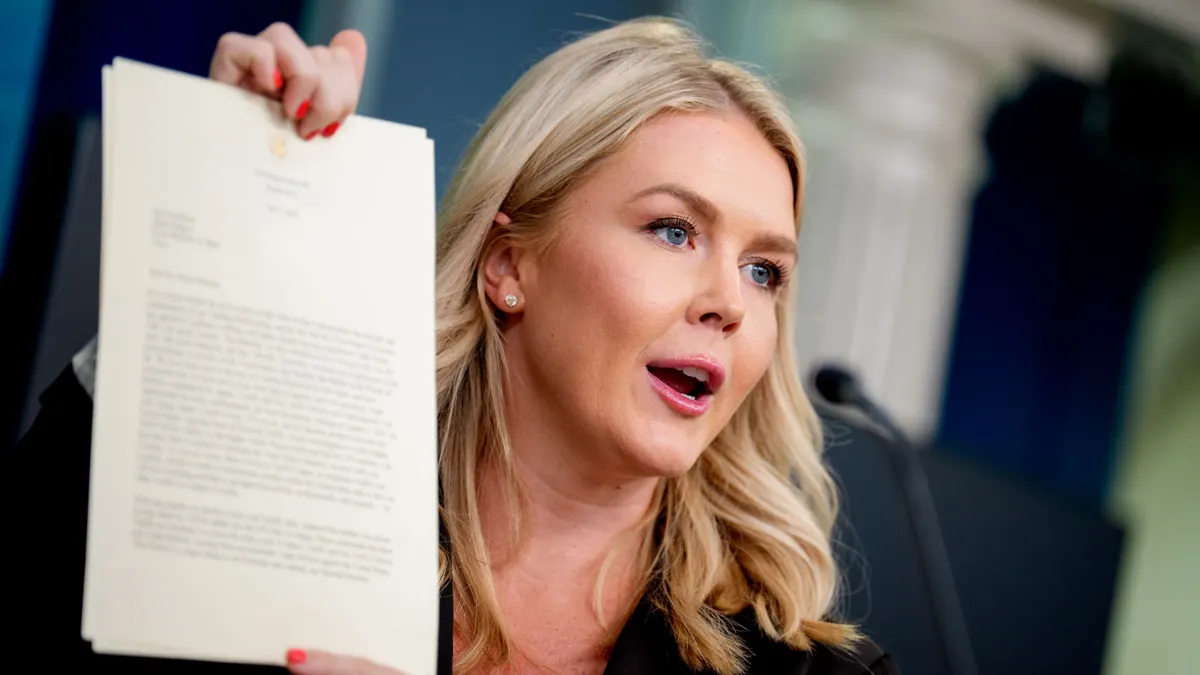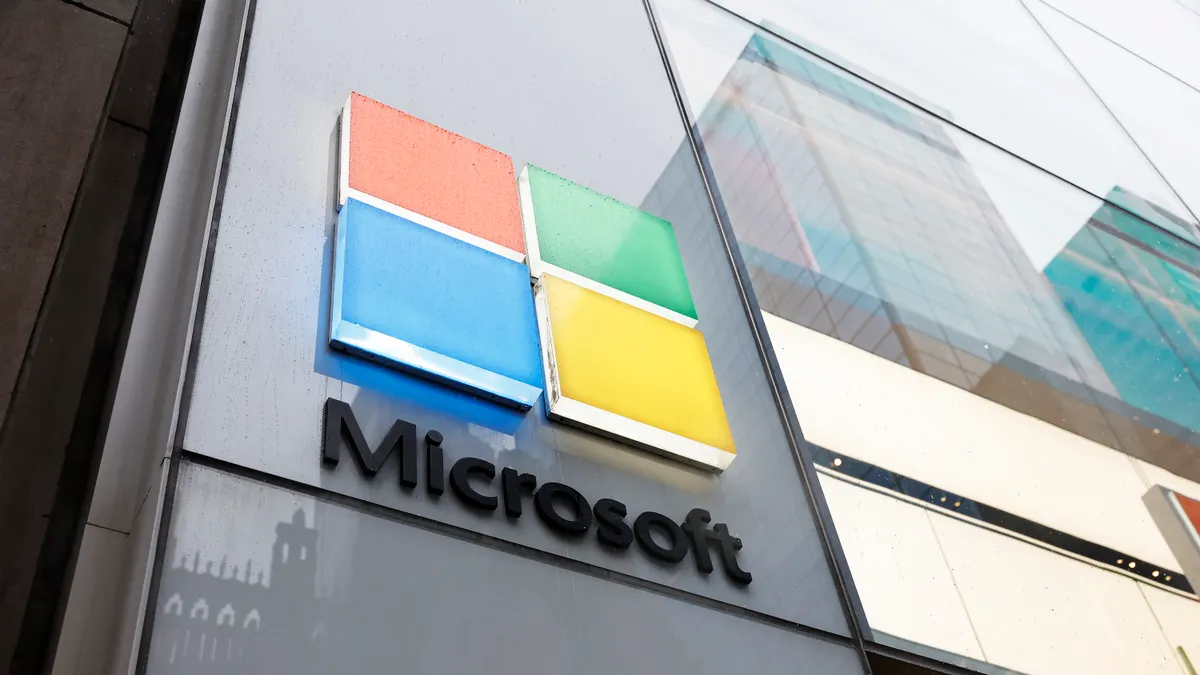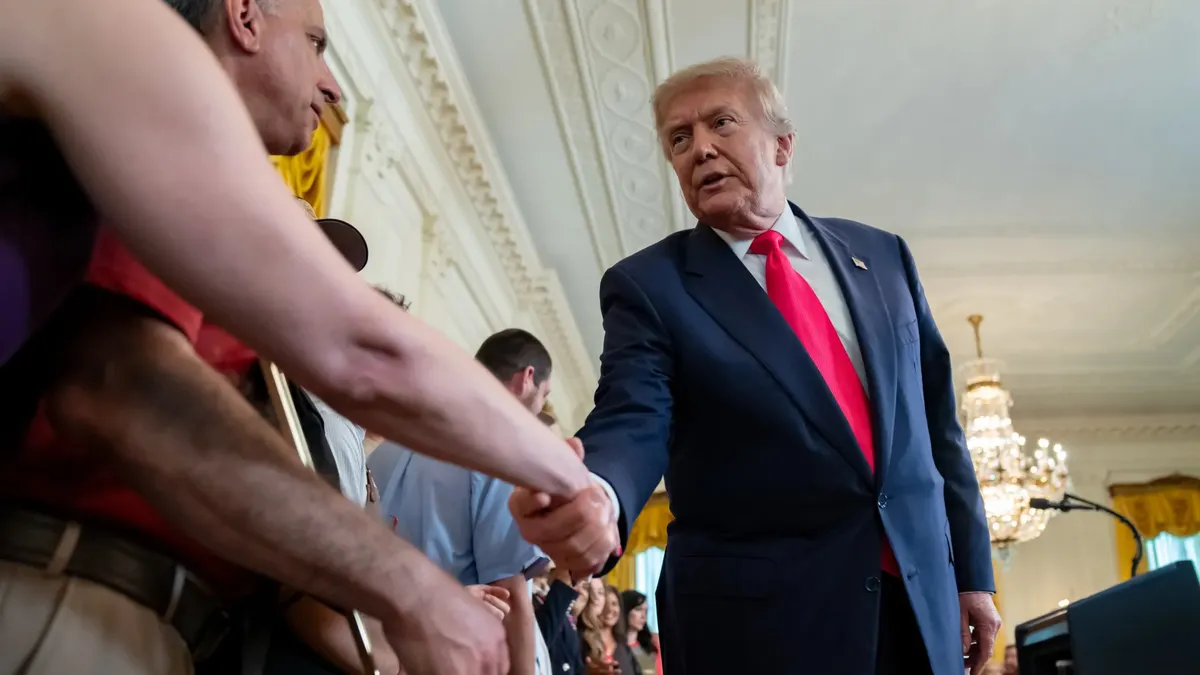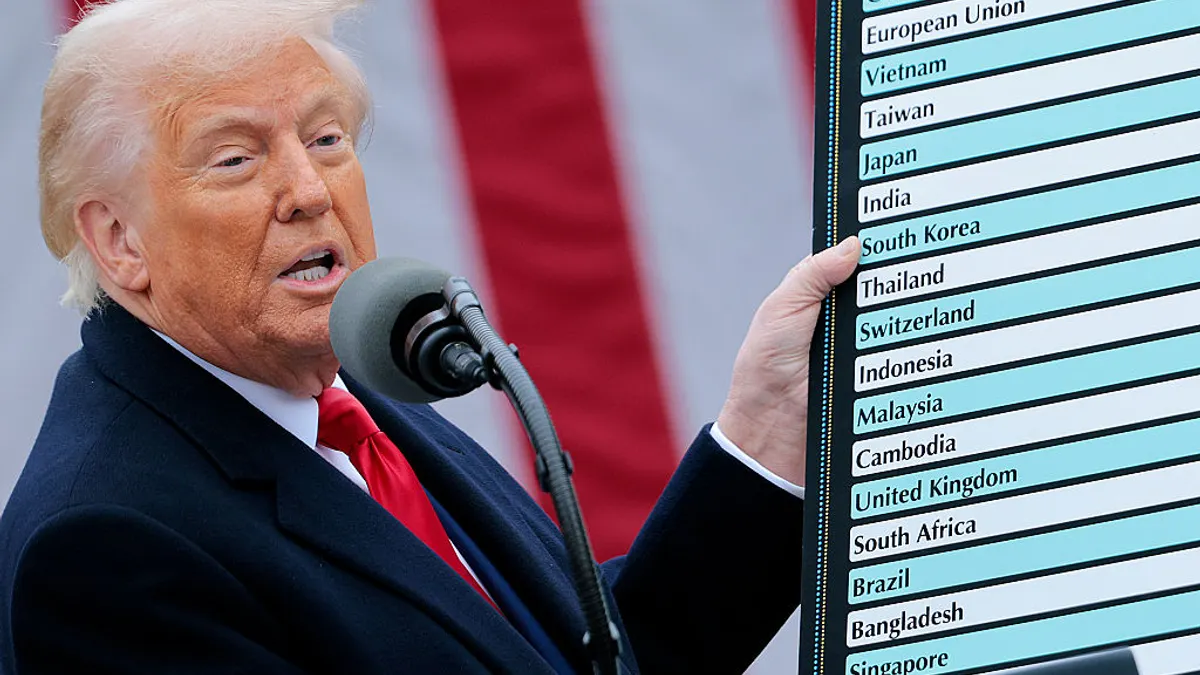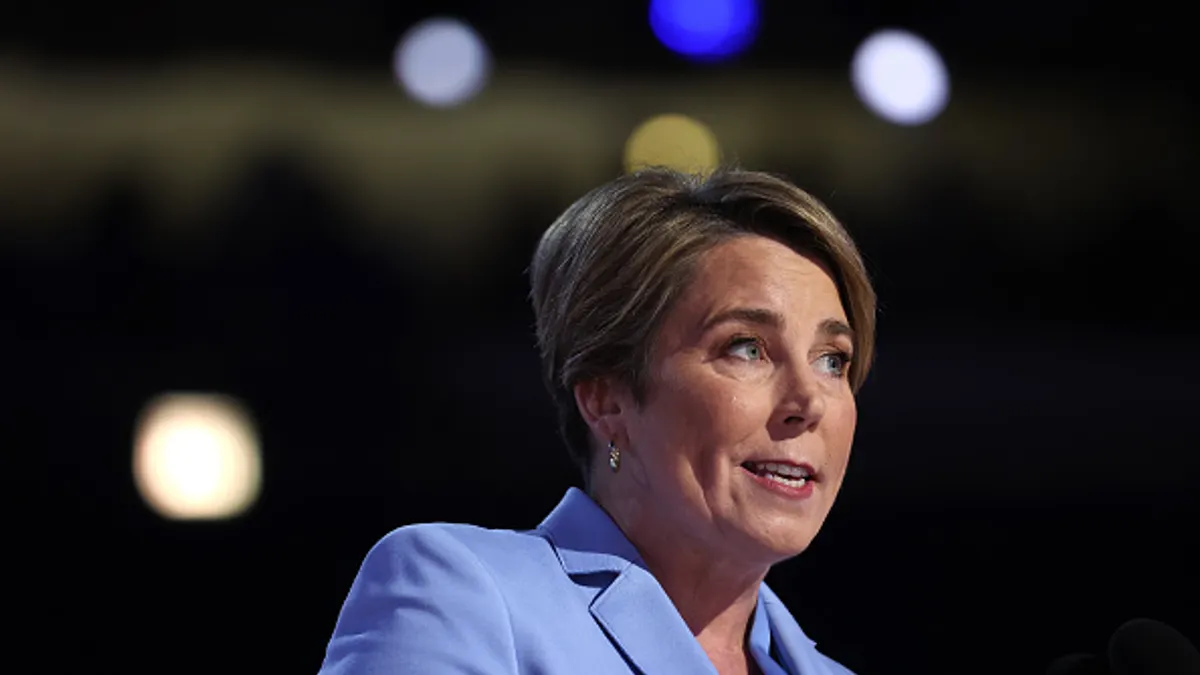When the Securities and Exchange Commission fined Monolith Resources $225,000 in September for anti-whistleblower language in its separation agreements, the agency said the company violated the law even though the contract made it clear employees were free to report suspected law violations to the federal government.
What the contract language didn’t permit, though, was employees accepting a monetary award in exchange for their information. That restriction violated Rule 21f-17 of the Dodd-Frank Act, which prohibits companies from executing agreements that do anything to discourage, let alone prohibit, employees from disclosing suspected wrongdoing.
“We take compliance with Rule 21F-17 very seriously,” Gurbir Grewal, the SEC’s enforcement chief, told the New York City Bar this week at a compliance event.
Monolith’s violation is notable in another respect: the company is private.
“Both private and public companies must understand that they cannot take actions or use separation agreements that in any way disincentivize employees from communicating with SEC staff about potential violations of the federal securities laws,” the SEC said when it announced its action against Monolith. “Any attempt to stifle or discourage this type of communication undermines our regulatory oversight and will be dealt with appropriately.”
Stepped-up effort
The SEC’s action against Monolith, according to a client alert by Armstrong Teasdale, is part of a push by the agency to scrutinize the way privately held businesses structure their employment agreements.
“The SEC has staked its position that the use of any restriction that may discourage whistleblower activity will be sanctioned regardless of the nature of the business’ ownership,” the alert says.
Although private companies don’t report to the SEC, there are a number of ways a company can get on the agency’s radar screen, Michael Lowman, an Armstrong Teasdale attorney, told Corporate Counsel. “The touchpoint is federal securities laws,” he said.
That touchpoint means that, if the company has raised capital through a securities offering, even if the offering is limited to family or others with a connection to the company, the SEC would have a regulatory role over the company.
“Every offer and sale of securities, even if to just one person, must be either registered with the SEC or conducted under an exemption from registration,” the agency says. “This is true for companies of all sizes, private and public alike, and includes sales made to anyone, including friends, family, angel investors, and venture capital funds.”
Nor does there have to be a capital raise, Lowman told Corporate Counsel. The private company could have a relationship with a public company, like being a supplier.
“It can come up in quite a number of contexts,” he said.
Sending a message
The way the agency structured its action against Monolith was in part intended to send a signal that it wants companies to ensure their separation agreements comply with Dodd-Frank without the agency having to go after them.
“We put a lot of thought into making sure that our charging documents, whether settled or litigated, clearly telegraph the basis of the misconduct to industry participants,” Grewal said.
In announcing its settlement with Monolith, the agency indicated its enforcement actions could have been more punitive than they were but the company took steps to clean up its approach.
“Monolith … agreed to pay a civil penalty of $225,000, which takes into account its remedial actions, including notifying former employees who had signed the improper separation agreements that the agreements do not in any way limit their ability to obtain financial awards in connection with providing information to government agencies,” the SEC said when announcing the settlement.
By contrast, the SEC, also in September, hit D.E. Shaw, an investment advisor that’s also private, for the way it discouraged whistleblowers in its separation agreements, but in this case the fine was $10 million.
The restrictions in D.E. Shaw’s separation agreements went further than Monolith’s. They prohibited employees from disclosing confidential information to third parties with no exception for SEC whistleblowers, and required departing employees to affirm they haven’t acted as a whistleblower with any federal agency, otherwise they would lose their post-employment benefits.
“Those drafting or using these types of agreements should take … serious their obligations to ensure that they don’t impede whistleblowers,” Gerwal said when announcing the enforcement action against D.E. Shaw.
Takeaway for GCs
To help ensure their company is compliant with Rule 21F-17, general counsel and other in-house legal leaders should review their confidentiality, separation, employment and other agreements of this type to make sure they let employees talk to federal agencies.
That means expressly permitting employees to report potential securities violations to the government, not limiting employees’ ability to accept financial rewards for reporting what appears to be lawbreaking, not requiring employees to notify the company if the SEC contacts them and not requiring employees to disclose to the company any contact they’ve had with federal agencies.
Given the way the SEC is stepping up its effort in this regard, there’s a good chance other federal agencies will also do so, putting even more pressure on companies, including private companies.
“I think we’re going to see similar efforts by other government agencies,” Amanda Brown, a partner at Reed Smith, told Corporate Counsel.











